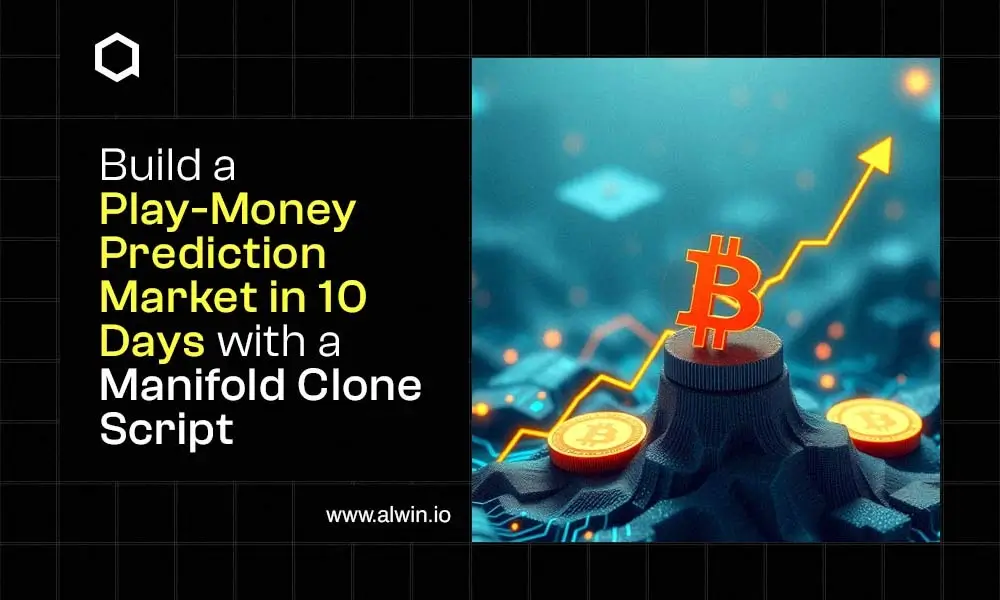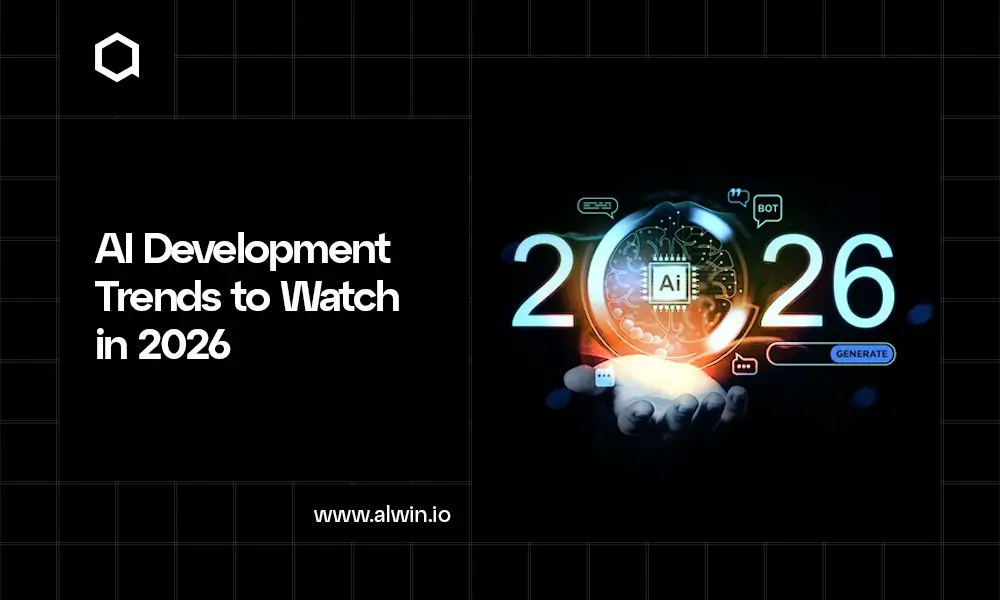Aren’t you amazed at how blockchain technology could evolve to handle more transactions at lightning speed while keeping costs low? Yes,this is where Meet Arbitrum, Ethereum's game-changing Layer 2 solution, comes into the picture. It's here to spur blockchain development. This article will spit out facts about Arbitrum, its benefits, developments, and the probable stuff Arbitrum has in store.
Arbitrum
Arbitrum, a layer-2 scaling solution for the Ethereum blockchain, is a type of optimistic rollup that batches transactions off-chain and then posts them to the Ethereum mainnet in a single bundle. This allows Arbitrum to offer significantly faster and cheaper transactions than Ethereum alone.
Arbitrum is also fully compatible with the Ethereum Virtual Machine (EVM), which means that developers can deploy their existing Ethereum smart contracts to Arbitrum without any modifications. This makes Arbitrum an ideal platform for scaling Ethereum-based decentralized applications (DApps).
How Does Arbitrum Work?
Here is a more detailed explanation of how Arbitrum works:
Users submit transactions to Arbitrum: These transactions are then batched together and executed off-chain on a sidechain.
Arbitrum generates a proof of state for the batch of transactions: This proof is a cryptographic summary of the state of the sidechain after the batch of transactions has been executed.
The proof of state is submitted to the Ethereum main chain: This is a relatively small amount of data, so it is much cheaper to submit to the main chain than each individual transaction would be.
On the main chain, a smart contract verifies the proof of state: If the proof is valid, the smart contract updates the state of the Ethereum main chain to reflect the state of the sidechain after the batch of transactions has been executed.
If a dispute arises over the validity of a transaction, anyone can challenge the proof of state. If the challenge is successful, the batch of transactions is rolled back and all fees are refunded.
This dispute resolution mechanism ensures that Arbitrum is secure and that users can be confident that their transactions will be processed correctly.
Advantages of Arbitrum Blockchain Development
The following are the benefits of Arbitrum blockchain development:
Low fees: Arbitrum transactions are typically much cheaper than Ethereum main chain transactions. This is because Arbitrum batches transactions together before submitting them to the main chain. This can be a major advantage for developers who are building applications that require a lot of transactions, such as decentralized exchanges and games.
High throughput: Arbitrum can process thousands of transactions per second, which is significantly more than the Ethereum main chain. This means that Arbitrum-based applications can handle a lot more traffic than Ethereum-based applications.
Scalability: Arbitrum can help to scale Ethereum by processing transactions off-chain. This frees up the Ethereum main chain to focus on more complex transactions, such as smart contract deployments.
Security: Arbitrum is as secure as Ethereum, thanks to its use of optimistic rollups. This means that developers can build secure applications on Arbitrum without having to worry about security risks.
EVM compatibility: Arbitrum is highly compatible with the Ethereum Virtual Machine (EVM), which means that developers can easily deploy and migrate their existing Ethereum smart contracts to Arbitrum without having to make major changes. This makes Arbitrum a very attractive option for developers who are looking to scale their Ethereum applications.
Consult with our business experts to get acquainted with Arbitrum Blockchain Development! Chat with us on WhatsApp
Building DApps on Arbitrum
Choose a development environment: There are a number of popular development environments for Ethereum DApps, such as Hardhat, Truffle, and Remix. These development environments can also be used to develop DApps for Arbitrum.
Create a new Arbitrum project: Once the development environment has been chosen, developers can create a new Arbitrum project using the corresponding command-line tool.
Write the smart contracts: The smart contracts for the DApp can then be written using Solidity.
Deploy the smart contracts: The smart contracts can then be deployed to the Arbitrum network using a web3 wallet or a command-line tool such as geth.
Build the front-end: The front-end of the DApp can then be built using any web development framework, such as React, Angular, or Vue.js.
Deploy the front-end: The front-end of the DApp can then be deployed to a web hosting provider or to a decentralized storage network such as IPFS.
Once the smart contracts and front-end have been deployed, the DApp will be ready to use.
Challenges and Considerations
Arbitrum is still under development and there are a few challenges and considerations that developers should be aware of before building on Arbitrum.
One challenge is the limited number of development tools and resources available. The Arbitrum ecosystem is still in its early stages, so there are fewer tools and resources available than for more mature platforms, such as Ethereum. This can make it more difficult to get started with Arbitrum development and to find help when needed.
Another challenge is the complexity of the technology. Arbitrum uses optimistic rollups, which is a complex scaling solution. Developers will need to have a good understanding of Layer 2 scaling and optimistic rollups in order to develop on Arbitrum effectively.
Finally, developers should be aware of the security risks associated with developing on any blockchain platform. Arbitrum is designed to be as secure as Ethereum, but there are still risks involved. Developers should take steps to mitigate these risks, such as using a secure development environment and following best security practices.
Future Prospects
Decentralized finance (DeFi): Arbitrum is appropriate for DeFi applications, as it offers low fees and fast transaction times. This is expected to attract more DeFi developers to Arbitrum and lead to the development of new and innovative DeFi applications.
Non-fungible tokens (NFTs): Arbitrum is also well-suited for NFT applications, as it offers low fees and fast transaction times. This is expected to attract more NFT developers to Arbitrum and lead to the development of new and innovative NFT applications.
Gaming: Arbitrum is fitting for gaming applications, as it offers low fees and fast transaction times. This is expected to attract more game developers to Arbitrum and lead to the development of new and innovative blockchain games.
Why Choose WeAlwin for Arbitrum Blockchain Development?
WeAlwin is a leading provider of Arbitrum blockchain development services with a team of experienced and skilled developers who can help you build and deploy scalable and secure dApps on Arbitrum.
We offer a wide range of Arbitrum development services, including smart contract development, front-end development, back-end development, and deployment. We also provide you with a variety of other services, such as security audits, performance optimization, and ongoing support.



